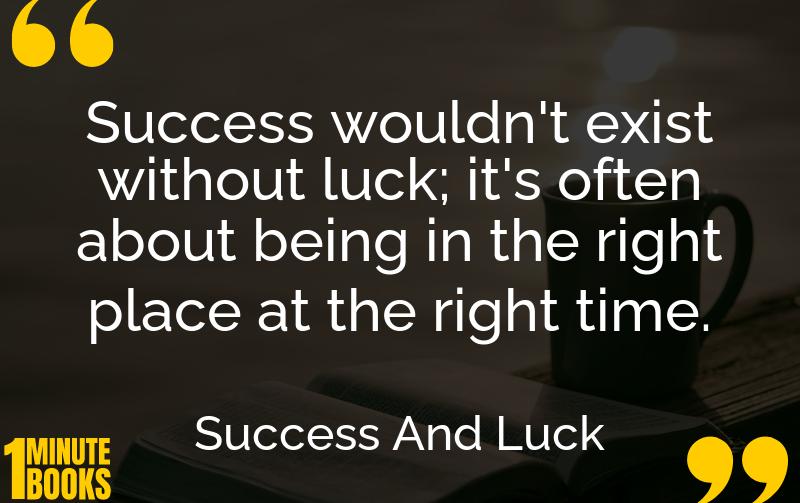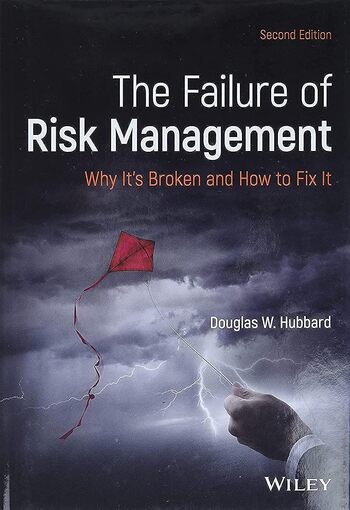
Success and Luck by Robert H. Frank argues that luck plays a crucial role in success, challenging the ‘self-made’ narrative. He explores how chance events shape outcomes and proposes a progressive tax system to create a balanced society.
Main Lessons
- Success is not solely based on talent and hard work; luck plays a significant role.
- Hindsight bias leads us to believe events were predictable, although they often depend on chance.
- In a winner-takes-all society, small differences can amplify due to market dynamics and technology.
- Our spending patterns often lead to waste, driven by social pressures and the desire to keep up with others.
- Higher taxes, if structured effectively, can improve quality of life by funding infrastructure and education.
- Progressive consumption taxes encourage saving and sensible spending.
- Luck can be cultivated through stable and effective public services funded by taxes.
- Acknowledging the role of luck in success can lead to more equitable and fair economic policies.
- A new tax system could offer mutual benefits, providing better infrastructure and public services for all.








